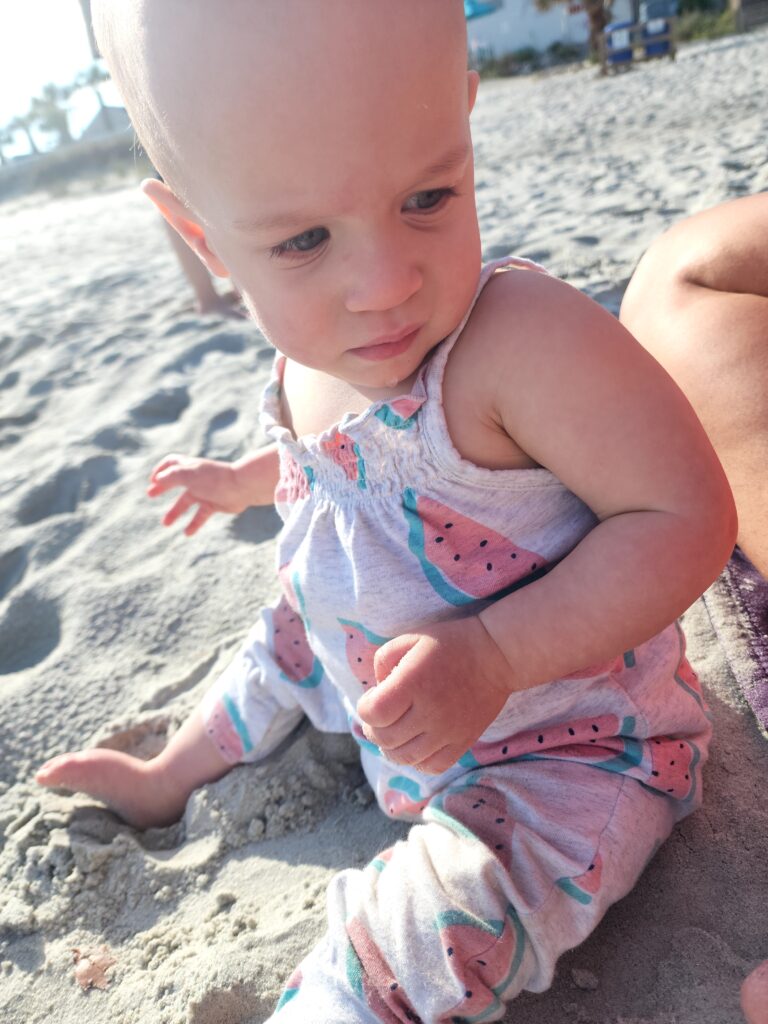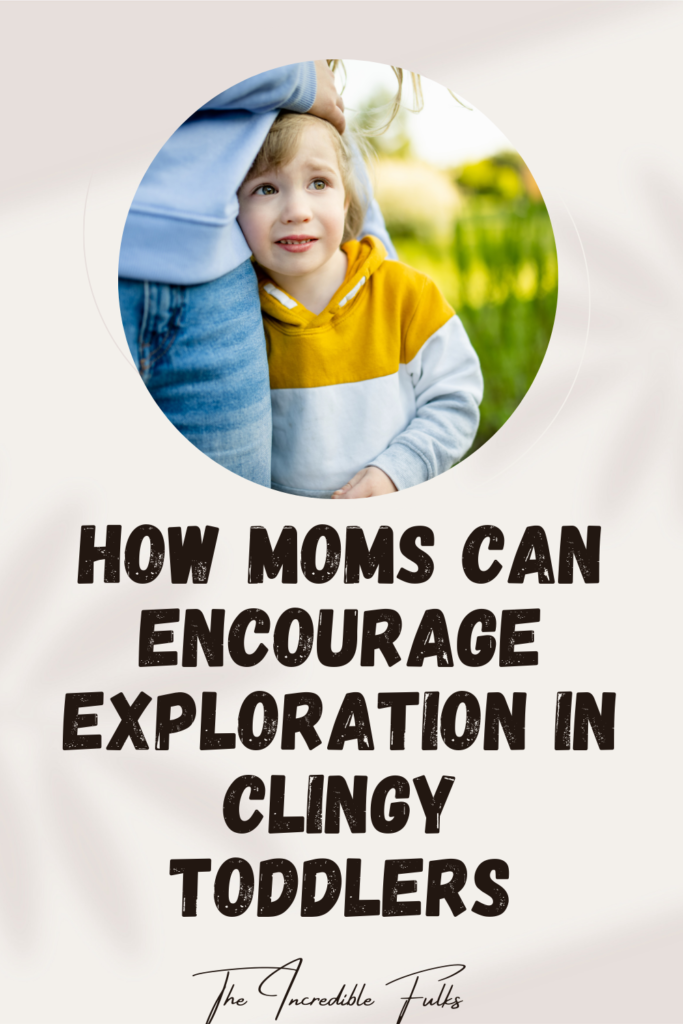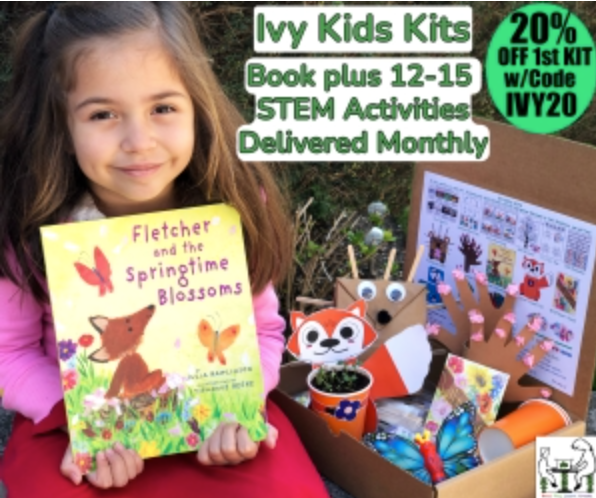Exploration comes naturally to all children and it’s their primary way of learning about the world around them. It involves curiosity, play, and discovery which are the pillars of toddler learning. However, it can be hard to see how your child is exploring, when they are displaying clingy, change-resistant behavior. This is where MultiPath Learning can help you provide customized learning for every child. Below, I will show you 9 ways you can encourage and create an environment of exploration that will work for every child.
1. Create an Exploration-friendly Environment
The first thing to look at is your toddler’s immediate environment. Is it safe and inviting for them? To create an environment like this, you should have a variety of materials within reach of your toddler. These need to be things that they can touch, play with, and explore. They should be different textures, colors, and do different things. Remember, exploration should happen in a safe environment. You should consider safety locks on cabinets, secured furniture, and a clutter-free space to prevent accidents.
2. Follow Their Interests
This is something you will be doing for the rest of your life; learning what your kids are into. Take notice of any and everything that interests your toddler and go with it! If they are really into the sound elephants make, dive in and get a bunch of books on elephants, get toy elephants, and make your own elephant mask with some paper cups. Take advantage of their interests to help develop a love for learning and encourage their curiosity.
If you haven't heard of Ivy Kids yet, check out their STEM boxes that provide a book and activities surrounding the book. The activities help to provide extra activities that encourage learning, while being all about your child's favorite book. Use code IVY20 to get 20% off your first kit.
Ivy Kids Kits is an award winning and well-established subscription box company for children ages 3-8. Ivy Kids creates monthly book-inspired, activity packed educational kits. Each Ivy Kids kit includes a carefully selected, highly rated children's book and over 12 fun, creative, and unique hands-on activities that promote the development of math, science, literacy, engineering, and art skills through play and exploration. Inside an Ivy Kids kit there are board games, arts and crafts, science experiments, projects, math manipulatives, story characters and so much more. Everything you need to read, play, create and learn is included in the kit and conveniently delivered monthly!
3. Outdoor Adventures
There is much more outdoor space than indoor, making it one of the best places to go for exploration. You should regularly spend time outside, regardless of age or if you have kids. Even if it’s just by sitting on the porch. There are many fun places to go besides your house though, including parks, playgrounds, and guided nature walks. Encourage your toddler to observe and interact with nature as they are able. Point out different textures, colors, and movements. Search for bugs, insects, and other living creatures. Being outdoors will encourage exploration, physical activity, and it helps with mood regulation, not to mention a love for God’s creation.

4. Sensory Play
In everything they do, your toddler will be using their senses to understand what everything means in this world. This is why sensory play is so important. It teaches them how to understand and use their senses. Sensory play is anything that focuses on a single sense. So for touch you can do water play, sandboxes, or playdough. For smell, you can give them different flowers and spices. For taste, give them different sauces or even Jell-Os. For hearing, give them rain makers, wind chimes, or string instruments. And for sight, give them toddler lite-bright, oil in water bottles, or different colored foil paper. These activities encourage not just exploration, but fine motor skills, cognitive development, and problem solving.
5. Introduce Science Early
I know when the word science comes to mind, you think experiments and chemicals. But the basics of science is simple observation. This can be done with simple experiments, and there are lots of them out there. Things like mixing colors, freezing water then watching the ice melt, and making shadows are all science! Doing science experiments or just observing the world around them nurture toddler's curiosity and lay the foundation for scientific thinking. You can check out my other article 20 Science Questions to Explore With Your Kids for some ideas.
In our homeschool, we use For The Love Of Homeschooling to get our science units. They provide unit studies for 4 different learning levels allowing you to teach a variety of ages.
6. Encourage Questions
Ah, questions, the bane of all parent's existence. There will come a point where your toddlers will ask questions non-stop and it will stress you out. But, just try! Try with all your might to not say, “just because” or “because God made it so,” or, “you'll understand when your older.” Instead, do your best to give some sort of response. At this age, you don't need to give a super detailed answer, so get in the habit now of giving somewhat educational responses.
If you don't know the answer, figure it out together right then, or write the question down and plan a time to figure it out together later. This not just encourages their questions, but it builds trust in you, and shows them how to find information and learn.
7. Artistic Expression
Artistic expression is just a fancy word for arts and crafts, but when done properly, the focus is on encouraging expression, not on the final product. This can be hard for adults to do, but try not to encourage your child's art to look a certain way. This isn't art class where there is a goal of learning new skills and techniques to reach a desired product. This is personal expressions of your child's heart and mind, unincumbered by any restrictions or expectations. Art is a form of exploration that allows your toddler to express their thoughts, ideas, and feelings before they even know all the words for them. To encourage this type of exploration, keep a stock of crayons, markers, paint, paper, and other artistic supplies.
8. Role-play and Pretend Play
This comes naturally to toddlers, but not so naturally to adults. Role-play and pretend play is very important for social and emotional development. You can probably remember a time when you were a child and played dress-up, house, or played with action figures or dolls. Pretending allows children to explore an infinite amount of different roles, scenarios and perspectives. It can also better your toddler's language skills and support an active imagination.
With any activity, this requires careful supervision for various reasons. Just like in art, role-play and pretend play allow your toddlers to express themselves when they don't have the right words to do it. This can mean they will say and do things that they've picked up on or learned from others and even subconsciously. By observing and listening to their play, you can learn things that your child might be trying to understand or things that they may be experiencing that should be addressed. Additionally, it is very important to teach boundaries when it comes to pretend play. There is a time and place for such play, and it is never okay to touch or hurt others because of the role being played.
9. Technology as a Tool, Not a Crutch
Technology offers a whole world of exploration, and when used sparingly and with intention, it can really open the world up to a toddler. Technology can allow your toddler to learn a new language, what the world looks like outside their bubble, and even show behaviors of other kids that they can imitate and learn from. Try to keep any screen time educational and engaging. Many parents use tablets to provide a larger screen for kids instead of just using cell-phones. Set a timer on it to keep screen time to a minimum. You can read my article on The Best Homeschool Resource to learn what we love to use for technology.
Conclusion
These 9 methods will help your child learn that the world is space to be explored, and that it is safe to do so. For many kids, this will unhook the Velcro your child has become. Remember to remain patient in all of this and be gentle when encouraging exploration. If you become demanding or pushy, this will do the opposite and create a fear in your child to explore the unknown. Also, remember to not deny your child your protective embrace. Some kids might need some extra reassurance that they are safe before they take a step into the world.






